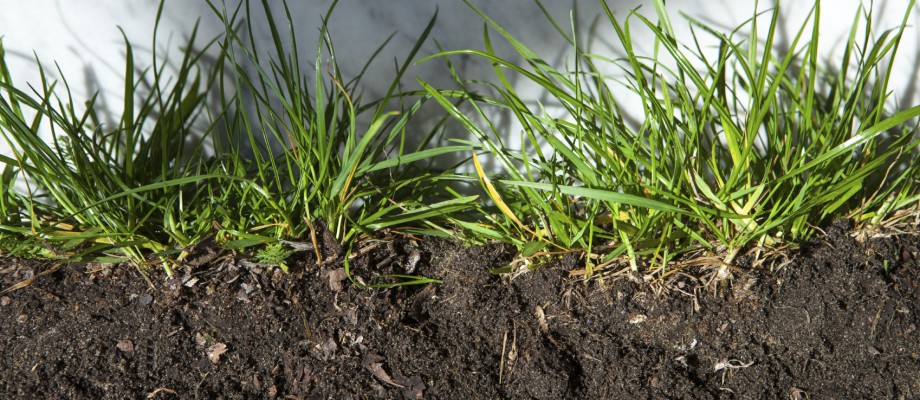Causes and consequences of soil microbial diversity

Researchers and students are warmly welcomed to this free event where we will be joined by Dr Joana Falcao Salles, University of Groningen, as part of our antimicrobial resistance visiting scholar seminar series.
Dr Falcao Salles will speak on the topic of ‘Causes and consequences of soil microbial diversity’.
Soil microbial communities are extremely diverse, with values ranging from 1000 to 1000000 unique taxa per gram of soil. These communities of overwhelming diversity are responsible for the provision of many ecosystem services. Yet, our understanding of the mechanisms controlling this sheer microbial diversity and whether changes in microbial diversity influence ecosystem functioning is limited.
In the first part of Dr Falcao Salles’ talk will discuss how we are using soil primary and secondary succession to understand the mechanisms leading to the establishment of soil microbial communities – the causes of microbial diversity. The focus here will be on a recently developed a framework that unravels the trajectories of microbial communities through succession along a stochastic/deterministic continuum. Collectively, this study gives a fundamental contribution to the understanding and predictability of microbial community assembly and succession.
The second part of Dr Falcao Salles’ talk will focus on a key paradigm in microbial ecology, which is unravelling how soil microbial diversity drives ecosystem functioning – the consequences of microbial diversity. By focusing on two functions, denitrification and invasion resistance, it will be demonstrated that soil microbial communities follow the expected biodiversity-ecosystem functioning relationships, i.e. that more diverse systems perform better than less diverse ones. Importantly, by using the concept of community niche, we provide evidence that efficiency in resource use – via resource complementarity and partitioning among resident species – is the overarching mechanism promoting the positive effects of diversity.
Overall, in a time where global change is a reality and biodiversity loss is expected to accelerate, understanding the mechanisms controlling the diversity of soil microorganisms is crucial to predict the responses of microbial driven process to global change scenarios and to sustain soil ecosystem services.
To register your attendance, please email Harry Moriarty. For more information about antimicrobial resistance at The University of Nottingham, visit the Bridging the Gaps website.
Tags: AMR, antimicrobial resistance, biology, Bridging the Gaps, School of Mathematical Sciences, soil
Leave a Reply
Upcoming Events

